In a perfect world, life would be as easy as dabbing on concealer, smearing on some highlighter, and leaving the house looking like the Glossier poster child every day. But that isn't the reality for many people of colour who struggle with hyperpigmentation.
The condition is extremely common for people of colour and causes a darkening effect on the area because of an increase in melanin production. Especially if you've dealt with acne or breakouts, then you've probably experienced these dark spots left behind on your face (or other parts of your body). But hyperpigmentation on brown skin is complex. There are different types, causes, and products that work specifically for people of colour, so we enlisted the help of dermatologist Michelle Henry, [1]MD, to help break it down. A brighter future is ahead.
What Is Hyperpigmentation?
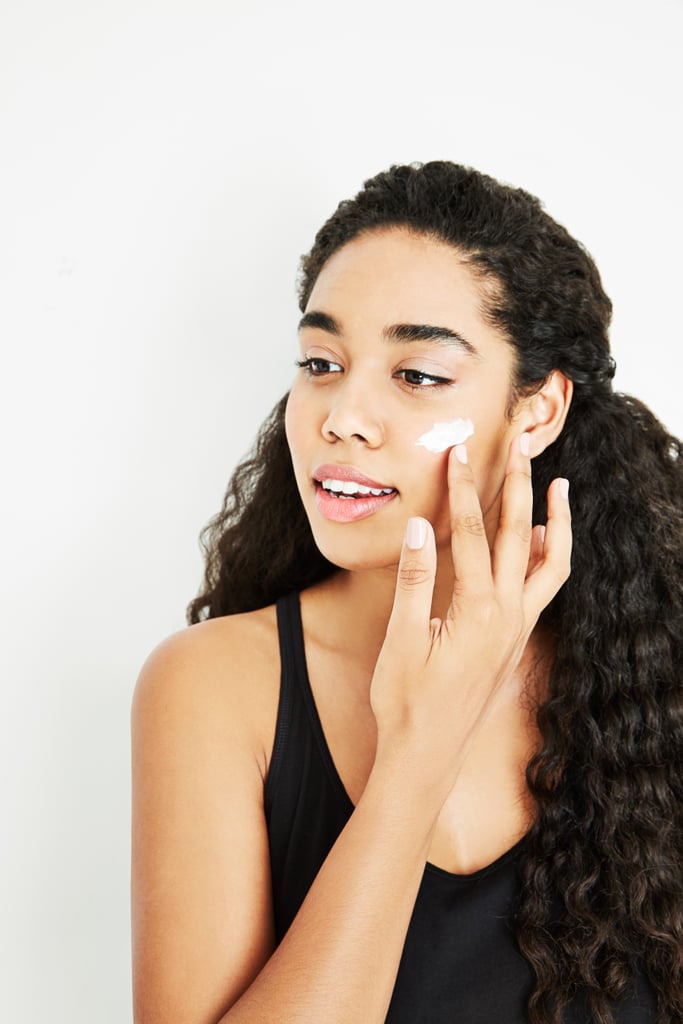
While hyperpigmentation is common, not all dark spots are created equal. Dr. Henry told POPSUGAR there are two main types of it that appear in skin of colour: post-inflammatory erythema (AKA PIE, which manifests as redness from inflammation by trauma to the skin, like damaged capillaries or blood vessels) and post-inflammatory hyperpigmentation (AKA PIH, the dark pigment that comes from inflammation from a pimple).
"The key to knowing which one it is depends on the colour of the mark," she said. "You can very well have both. It is harder to see PIE on dark skin than PIH. If your complexion is very light, you might have some redness, but you're likely also going to have some hyperpigmentation due to the overproduction of melanin in African American skin."
What Causes Hyperpigmentation?
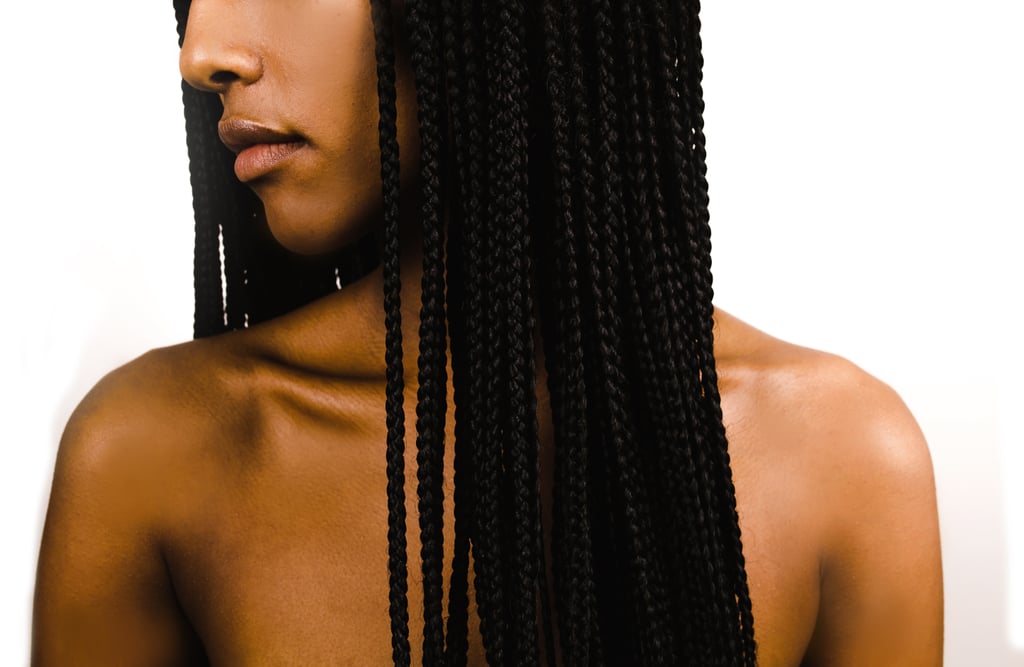
How did those tiny dark spots end up on your face in the first place? Well, pimples are a major culprit that usually leave marks behind. You also increase the chances of dark scars on your skin if you pick at your blemishes. Dr. Henry says picking and squeezing causes inflammation and blood production at the breakout site, which often leads to bruising that turns into a brown scar.
As hard as it might be to let your pimples roam free, try to refrain from picking at them and creating more scars. Be sure to also shield your skin with SPF daily as lack of proper sun protection can also worsen existing dark spots.

A Note on Treating Hyperpigmentation
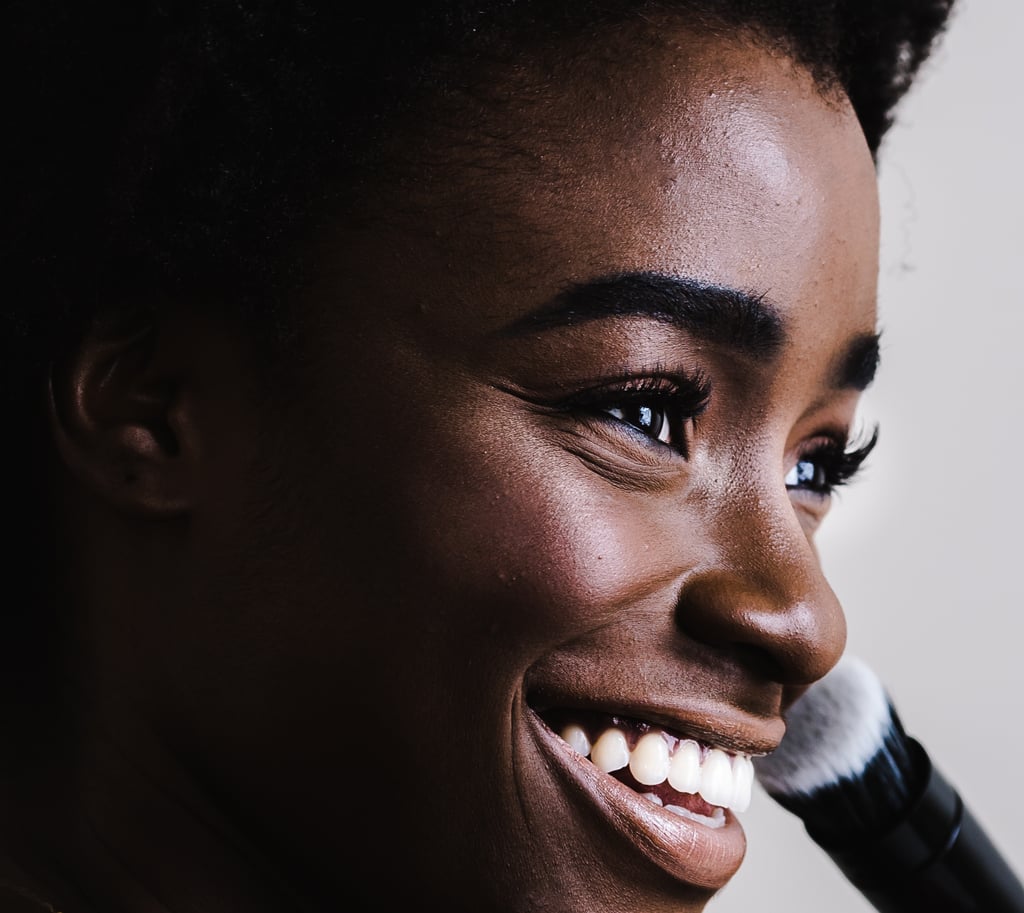
Despite all the trendy products on the market, Dr. Henry stressed the importance of simplifying your skincare routine to treat dark spots.
"Simple is better when it comes to treating hyperpigmentation because you don't want to make your condition worse," she said. Pick a regimen (and click ahead for some suggestions from Dr. Henry) or consult your dermatologist for best results.
Products That Treat Hyperpigmentation
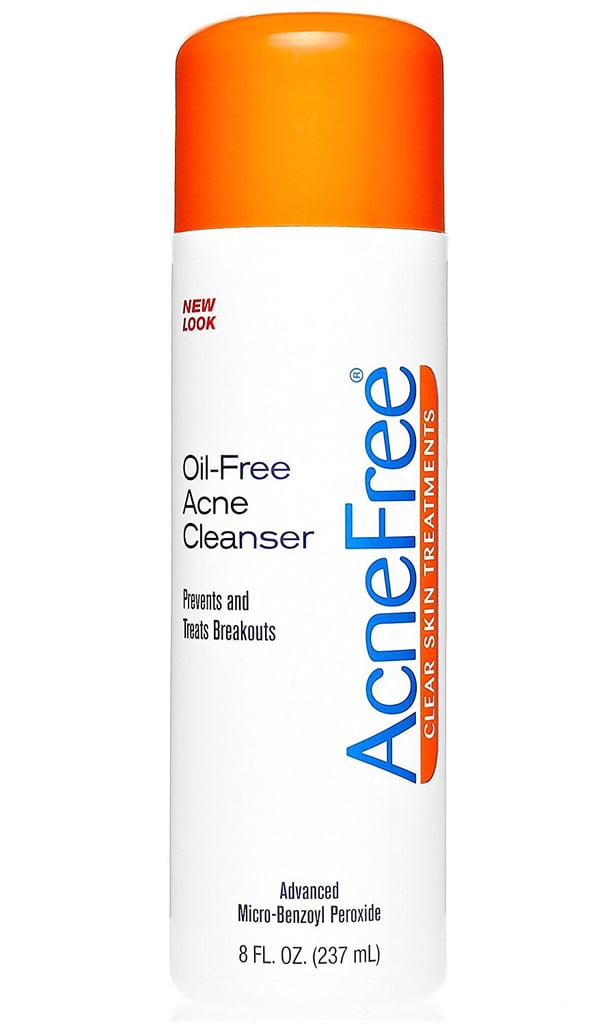
As for ingredients that fade dark spots, retinol is high up on Dr. Henry's list of favourites. "It helps unblock pores and fights acne, which will result in the development of fewer new spots," she said. "It's also anti-inflammatory and will help lighten dark spots in brown skin.
Everything else you put on your skin should be gently exfoliating and moisturising. "Look for products with key ingredients like benzoyl peroxide, salicylic acid, and glycolic acid," she said. "I like the Acne-Free Oil-Free Acne Cleanser [3] ($5) because it can be used on the face and the body to remove acne-causing bacteria and prevent new ones from forming that can result in hyperpigmentation."
She also recommends having a strong spot treatment on hand to zap stubborn pimples. (For a few editor-approved favourites, click here [4].)
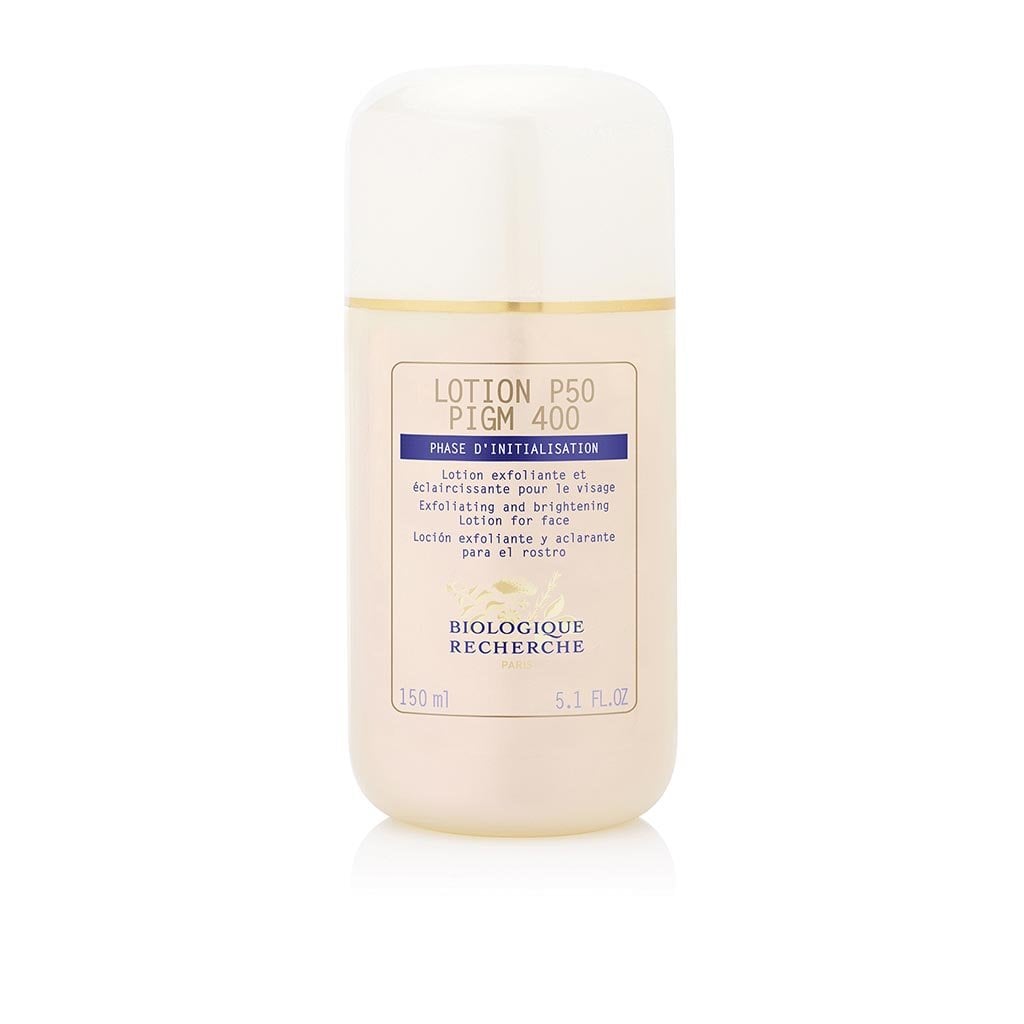
Henry suggests adding a hydrating, balancing toner into your skincare regimen as well, since most spot-fighting products tend to strip your skin of moisture. She swears by Biologique Recherch P50 Lotion [5] to hydrate and balance pH levels in the skin (but keep in mind that it can be very harsh on sensitive skin).
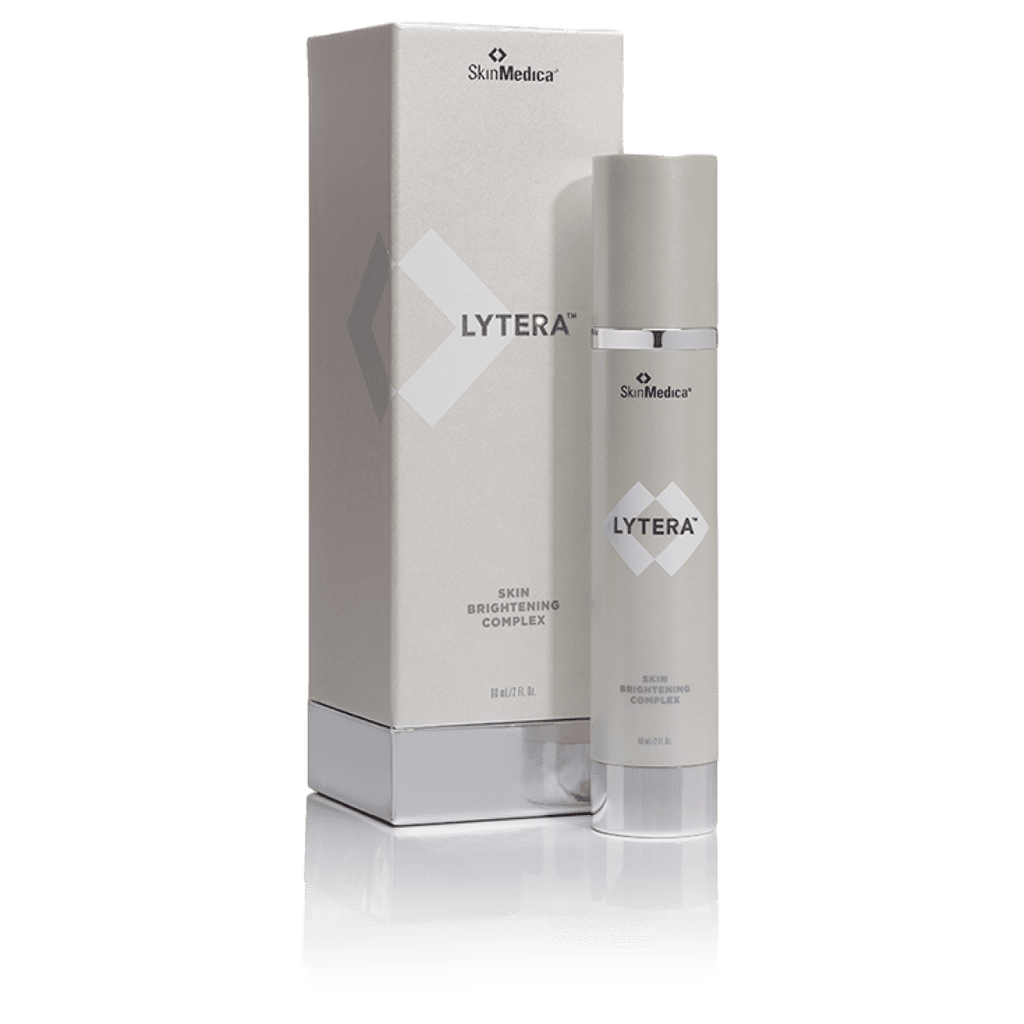
Once you've taken steps to prevent additional breakouts, you should incorporate spot-fading ingredients into your routine. One of the most common is hydroquinone, but before you jump for products with the potent additive, be careful. "It gets a bad reputation because in a lot of countries, especially a lot of Caribbean and African countries, people are using it excessively," she said.
"You're only supposed to use it for a short period of time. When you use it consistently, you can get something called ochronosis, which is the permanent darkening of the skin and the exact opposite of what you want it to do."
Dr. Henry explained that mixing hydroquinone with topical steroids to increase its potency is common in foreign countries. "These dangerous mixtures can cause unwanted stretch marks and give the skin an orange tint. So I would definitely recommend using it sparingly and talking to your doctor first," she said.
If you can't make it to a doctor's office, she suggests using products with vitamin C (like SkinMedica Lytera Skin Brightening Complex [6] $130) to lighten spots. Don't forget to test all new products and prescriptions on soft patches of skin to get an idea of how you'll react to it before applying all over your face.
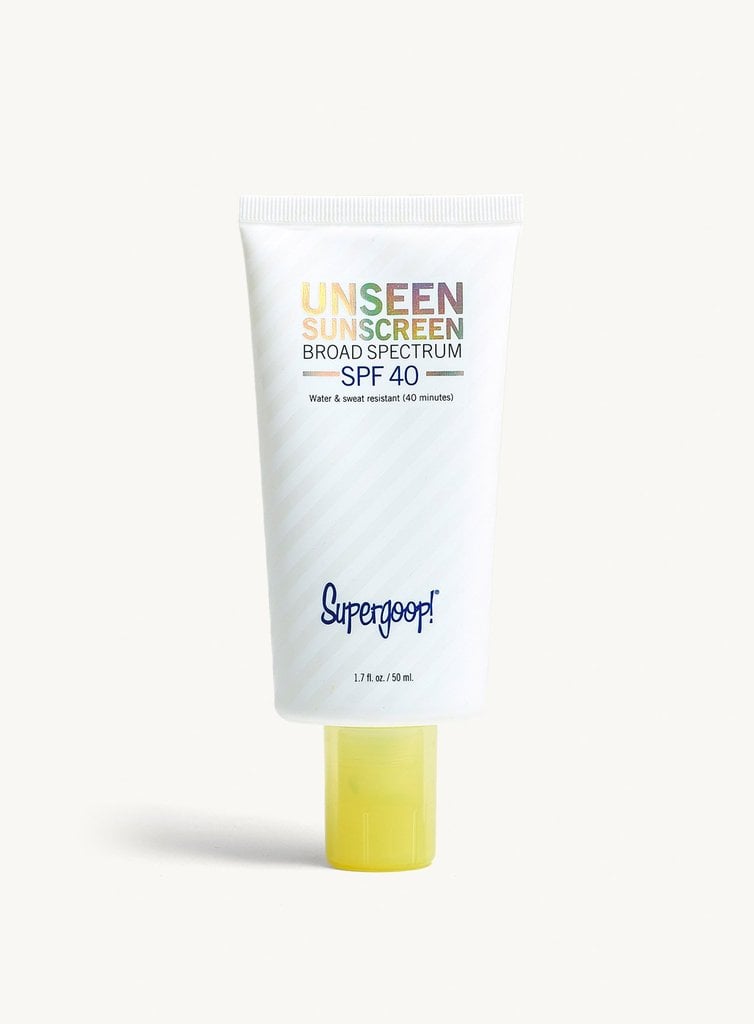
Daily use of SPF is superimportant in preventing the overproduction of melanin, which could make your dark spots even darker. Dr. Henry swears by Supergoop Unseen Broad Spectrum SPF 40 [7] ($32). "I really like this one because it goes on clear, which is perfect for brown skin," she said.
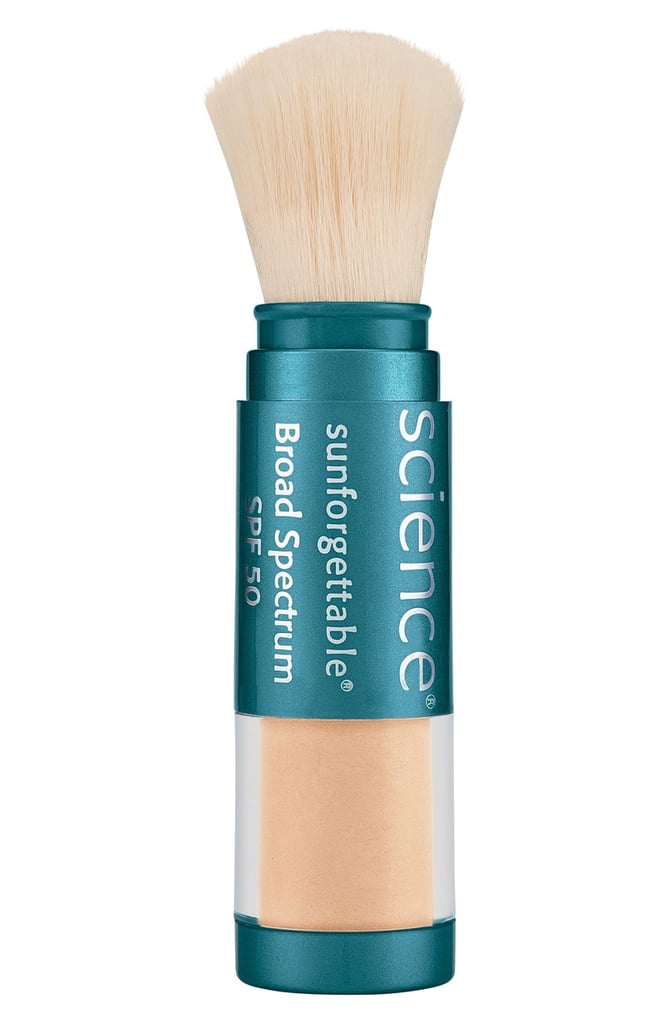
If you wear makeup daily and don't want to smear on sunscreen lotion every two hours, you should keep your keep your skin protected with an SPF powder. Dr. Henry likes Colourescience Sunforgettable Brush-On Shield SPF 50 [8] ($65) because it "protects your skin without compromising your makeup." The mineral powder goes on sheer and comes in four shades including Tan and Deep, which is flattering on a range of brown complexions.